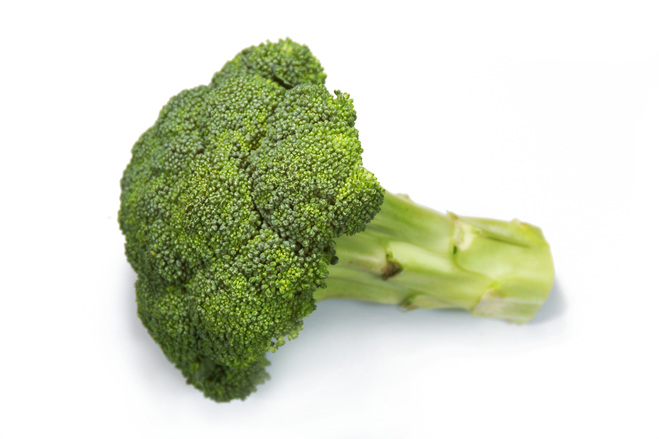Broccoli, a member of the cruciferous vegetable family, is widely acknowledged for its high nutritional value and potential health benefits. Rich in a plethora of nutrients and bioactive compounds, this green veggie is not just a healthy food choice but a superfood that everyone should consider adding to their diet. This article delves into the nutritional profile, health benefits, and ways to enjoy broccoli.
Nutritional Profile
Broccoli is an incredibly nutrient-dense food. It’s packed with a variety of vitamins and minerals including vitamin C, vitamin K, folate, potassium, and iron. It also offers a decent amount of fiber and protein compared to other vegetables.
Furthermore, broccoli is rich in bioactive compounds like sulforaphane, indoles, and flavonoids, which are known for their antioxidant and anti-inflammatory effects.
Health Benefits of Broccoli
- Cancer Prevention: Cruciferous vegetables like broccoli are renowned for their potential anticancer effects, primarily attributed to their rich supply of sulforaphane and other antioxidants.
- Heart Health: The fiber, potassium, and antioxidants in broccoli all contribute to heart health. Fiber helps to lower cholesterol levels, while potassium helps to maintain a healthy blood pressure.
- Bone Health: Broccoli is rich in vitamin K and calcium, both of which are essential for bone health and the prevention of osteoporosis.
- Digestive Health: Broccoli’s high fiber content aids digestion by adding bulk to the stool, preventing constipation, and promoting overall gut health.
- Immune Health: With its high vitamin C content, broccoli helps to boost the immune system and prevent various infections.
Culinary Uses
Broccoli is a versatile vegetable that can be enjoyed in a myriad of ways. It can be steamed, boiled, roasted, stir-fried, or even eaten raw in salads. Steaming broccoli is a great way to preserve its nutrient content, which can be reduced by boiling.
Broccoli makes a nutritious addition to pasta dishes, soups, and casseroles. Roasted broccoli, tossed with a little olive oil, salt, and pepper, makes for a simple, yet delicious side dish.
A Word of Caution
While broccoli is generally safe to eat for most people, those taking blood-thinners should be cautious due to its high vitamin K content, which can interfere with these medications. In addition, like other cruciferous vegetables, broccoli contains compounds called goitrogens that can affect thyroid function in susceptible individuals if consumed in very large amounts.
In conclusion, broccoli is a highly nutritious superfood that offers an array of health benefits. Whether you prefer it steamed, roasted, or in a salad, this versatile vegetable is a fantastic addition to any balanced diet.
